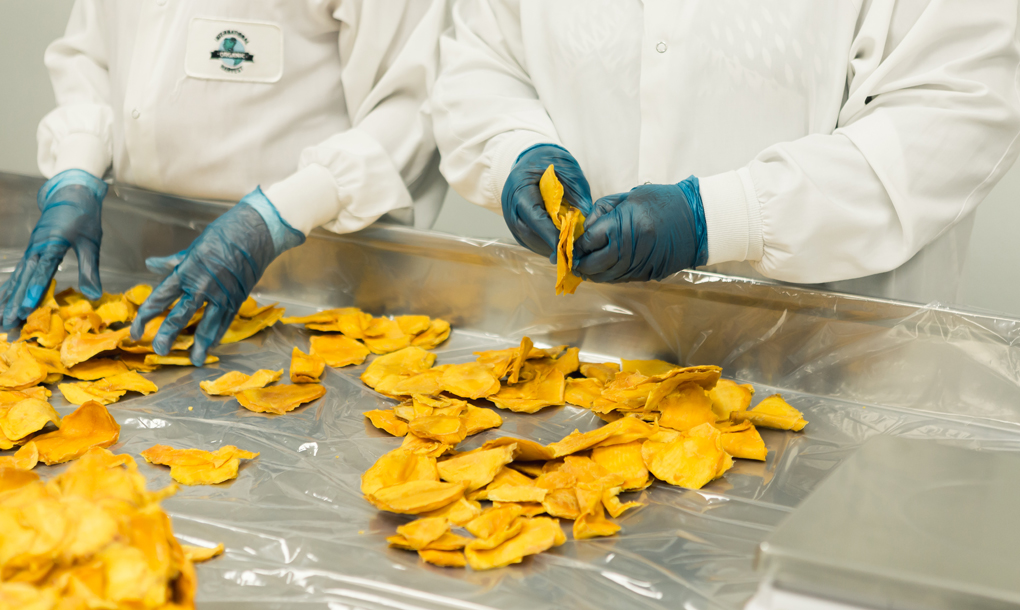
22 Nov
In the fast-paced world of food production, manufacturers are constantly seeking innovative ways to enhance their operations, improve product quality, and increase profitability. One such transformative technology that has gained significant traction is freeze-drying, also known as lyophilization. As food producers explore the benefits of incorporating a freeze-drying system into their manufacturing facilities, a thorough cost analysis becomes crucial in determining the viability and long-term impact of this investment.
When considering the implementation of a freeze-drying system, there are several key cost factors to consider:
Capital Expenditure (CapEx):
The initial cost of the freeze-drying equipment, including the lyophilizer, freezers, and ancillary components.
Installation and setup expenses, such as site preparation, electrical upgrades, and infrastructure modifications.
Engineering and project management fees associated with the implementation.
Operational Expenditure (OpEx):
Energy consumption for powering the freeze-drying system, including electricity, refrigeration, and vacuum systems.
Maintenance and repair costs, including preventive maintenance, spare parts, and unexpected breakdowns..
Labor costs for operators, technicians, and maintenance personnel.
Consumables, such as packaging materials, desiccants, and cleaning supplies.
Indirect Costs:
Increased production capacity and efficiency, leading to higher throughput and potential revenue gains.
Reduced waste and spoilage, resulting in cost savings.
Improved product quality, shelf life, and customer satisfaction, potentially commanding higher prices.
Compliance with regulatory requirements and industry standards, avoiding potential fines or penalties.
To determine the long-term viability of a freeze-drying system, it's essential to conduct a thorough return on investment (ROI) analysis. This process involves weighing the initial capital expenditure against the anticipated operational savings, revenue gains, and other indirect benefits.
Estimating Cost Savings:
Estimating Cost Savings
Decreased waste and spoilage, leading to lower raw material and disposal expenses.
Energy savings from the extended shelf life of freeze-dried foods, reducing the need for refrigeration or freezing..
Projecting Revenue Increases:
Improved product quality and shelf life, enabling access to new markets and premium pricing.
Increased production capacity and throughput, catering to growing customer demand.
Potential for product diversification and the development of new freeze-dried food items.
Factoring in Indirect Benefits:
Enhanced brand reputation and customer loyalty through the offering of high-quality, long-lasting food products.
Improved sustainability through reduced food waste and lower energy consumption.
Compliance with evolving industry regulations and consumer preferences.
By carefully analyzing these cost factors and potential benefits, food manufacturers can develop a comprehensive ROI model that accurately reflects the long-term impact of implementing a freeze-drying system.
Let's consider a hypothetical scenario of a snack food manufacturer exploring the implementation of a freeze-drying system.
The initial CapEx for a production-scale freeze-drying system, including installation and setup, is estimated at $2.5 million. The annual OpEx, including energy, maintenance, and labor, is projected to be $500,000.
However, the manufacturer anticipates several cost savings and revenue increases:
Based on this analysis, the overall ROI of the freeze-drying system implementation is estimated to be approximately 3-4 years, making it a highly attractive investment for the snack food manufacturer.
At Freeze Drying Systems, we understand the importance of providing our clients with comprehensive cost analysis and ROI projections. Our team of experts works closely with food manufacturers to assess their unique needs, evaluate the feasibility of implementing a freeze-drying system, and create a tailored solution that maximizes the long-term benefits.
By leveraging our industry-leading technology, extensive experience, and cost-optimization strategies, we help our clients make informed decisions and achieve a favorable return on their investment. Whether you're looking to expand your product offerings, enhance quality, or streamline your operations, Freeze Drying Systems is your trusted partner in unlocking the full potential of food freeze-drying.
Unlock the future of your food manufacturing facility. Contact us today to explore the cost-saving and revenue-generating opportunities that a freeze-drying system can bring to your business.